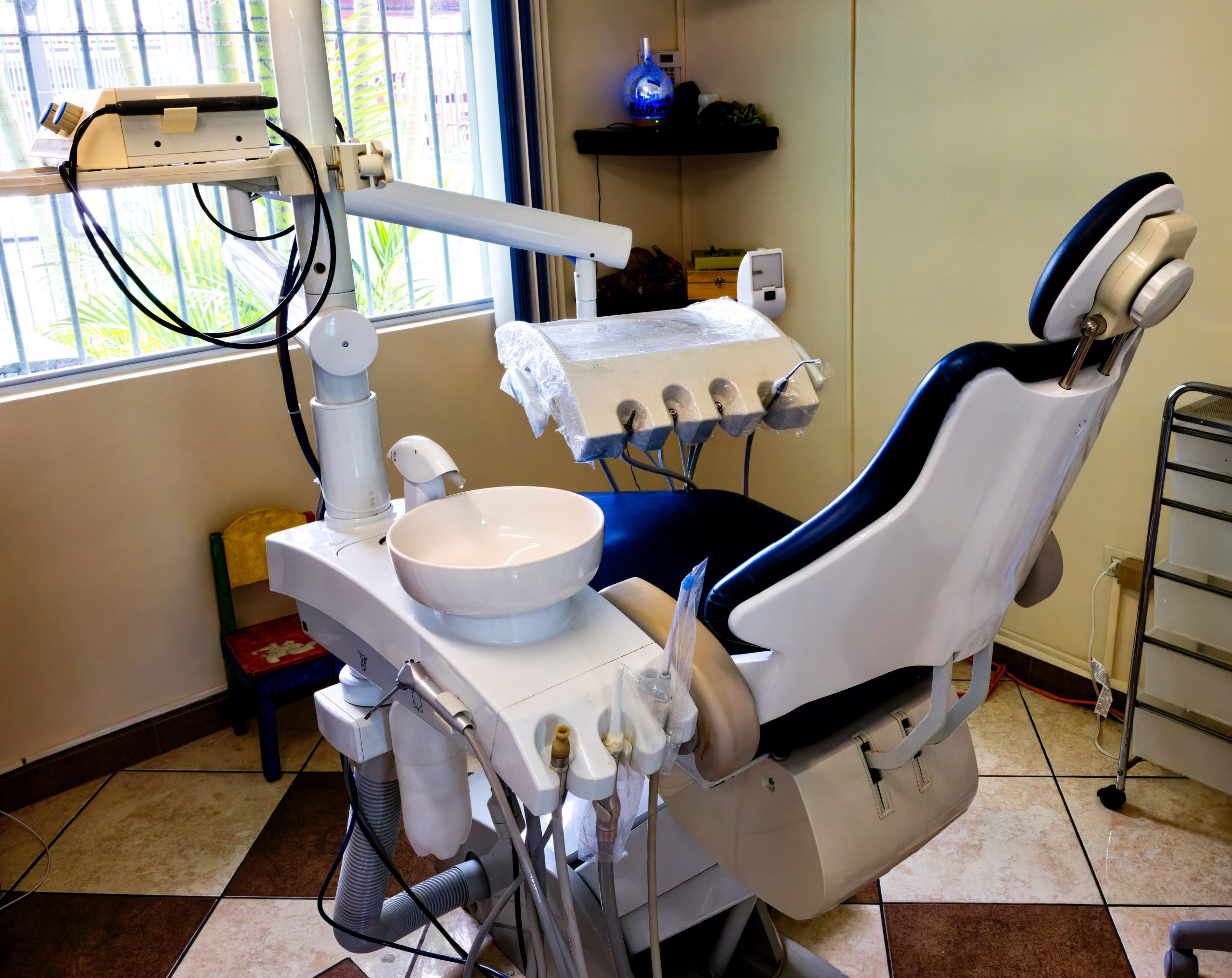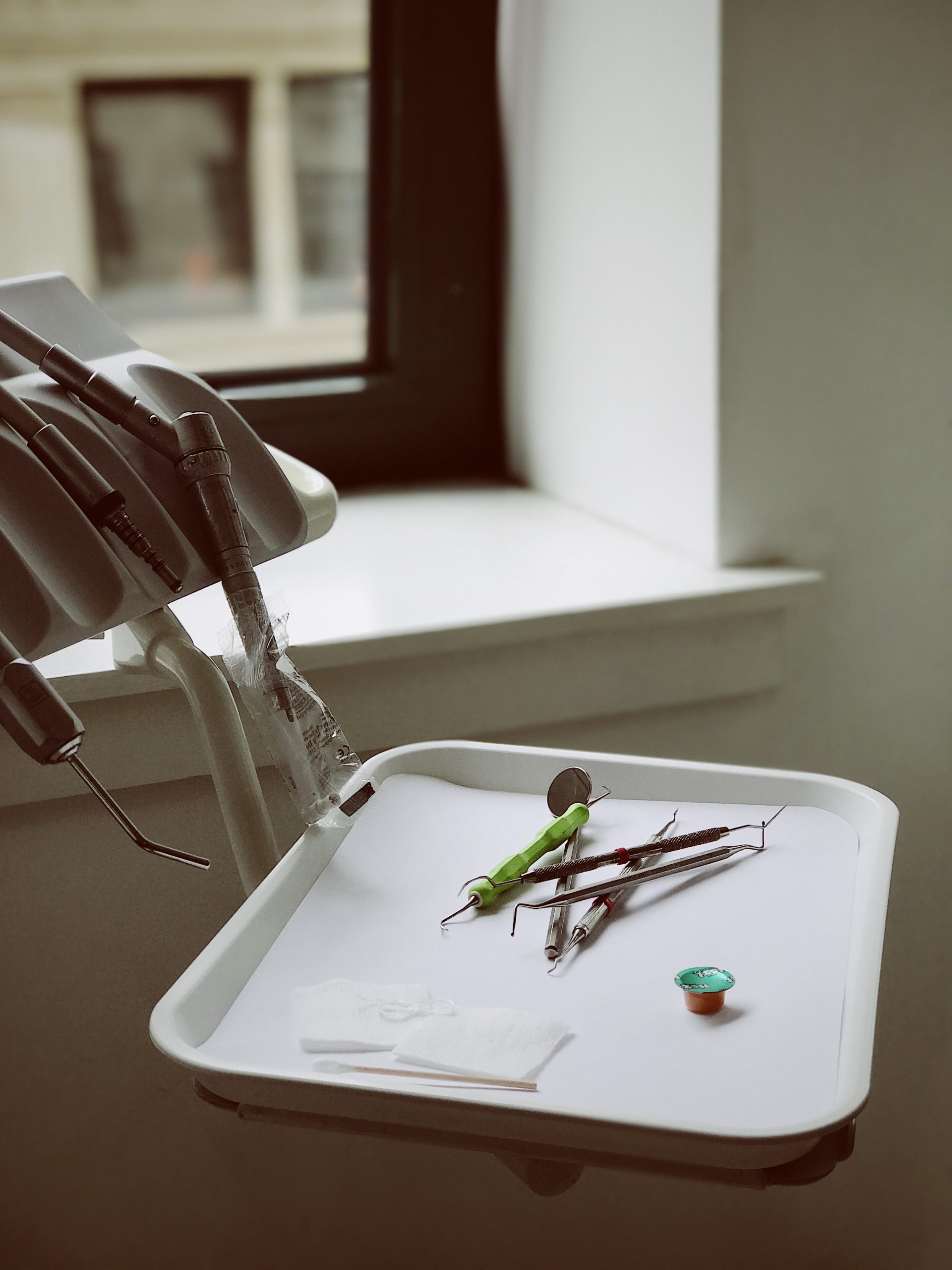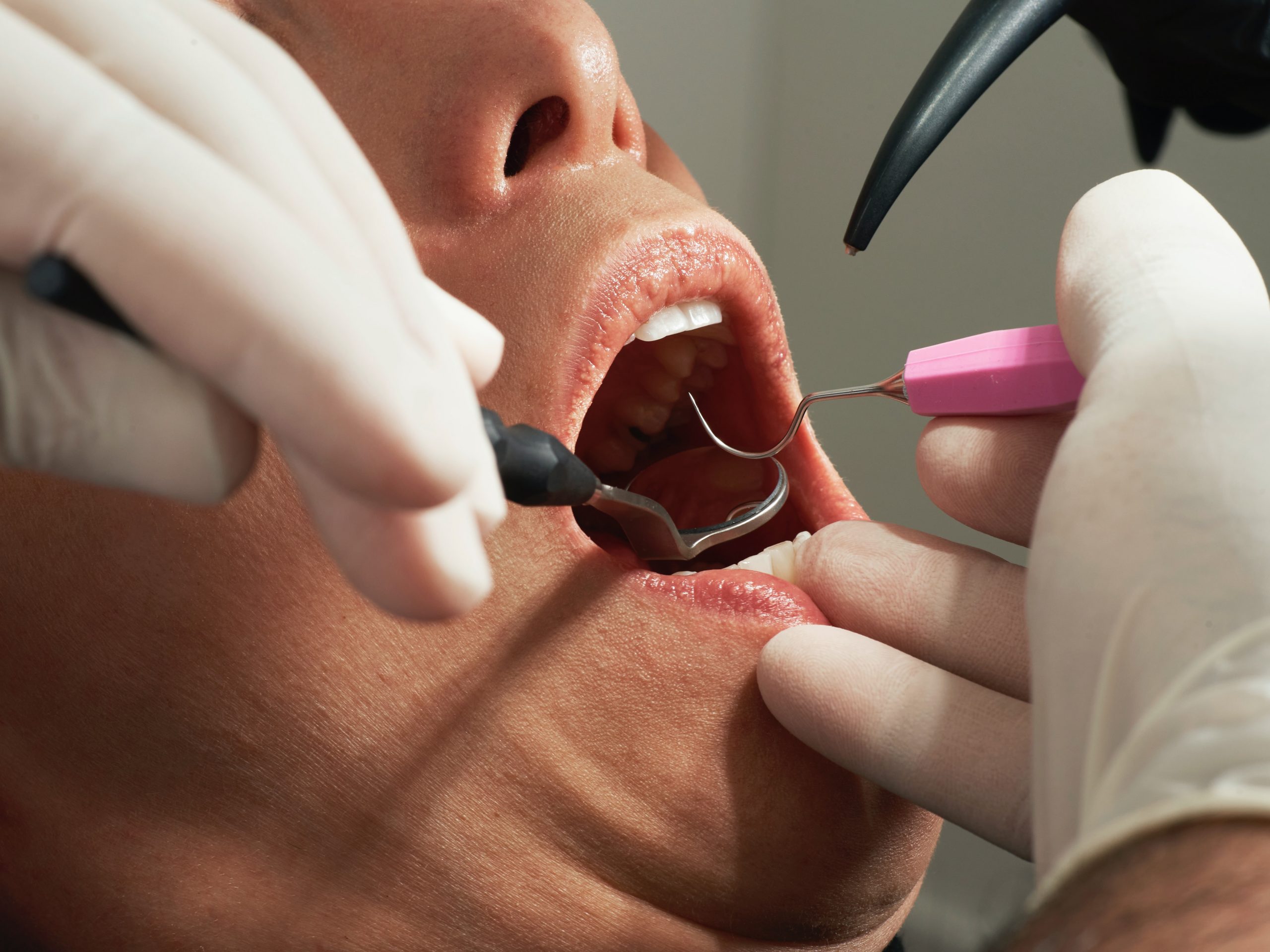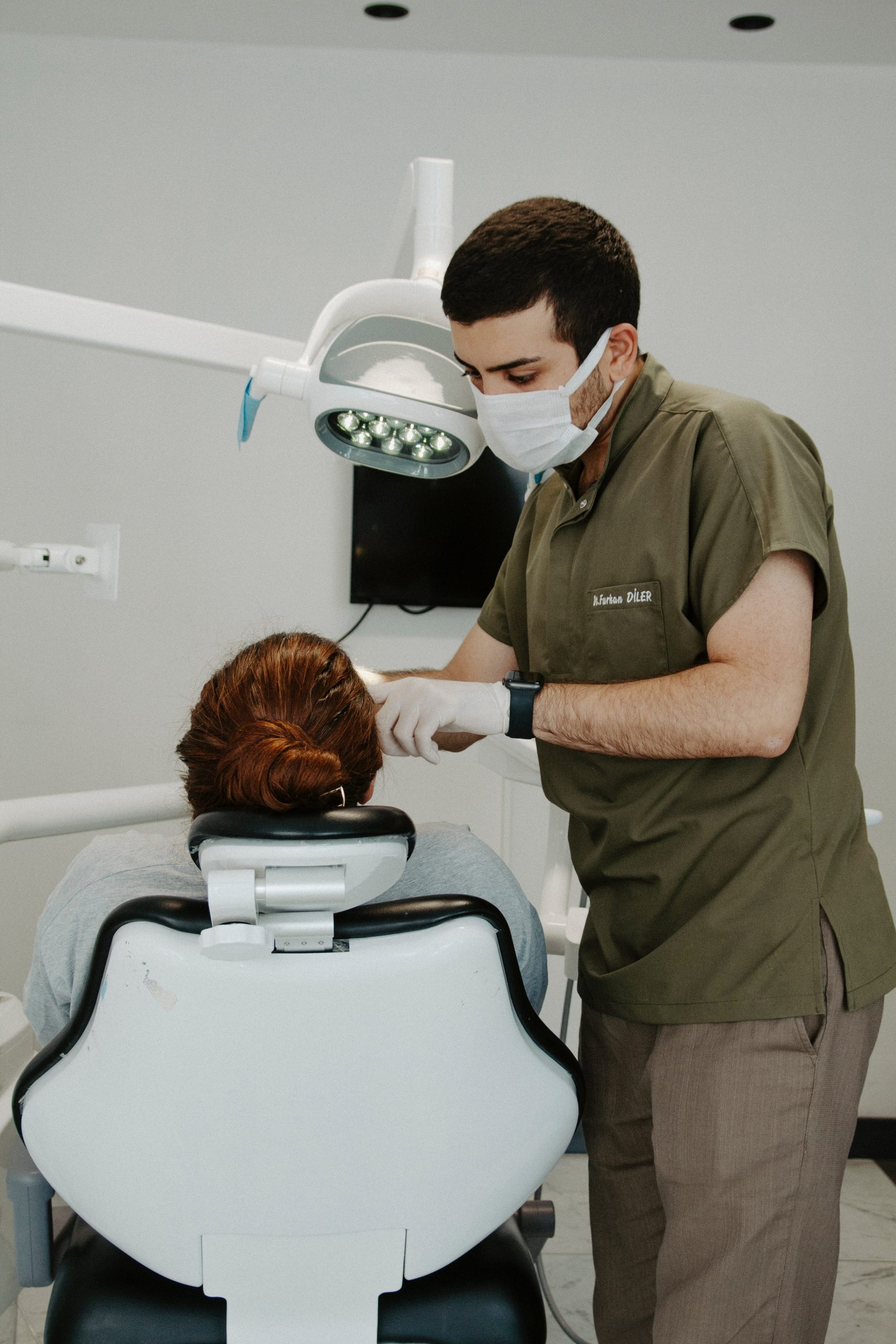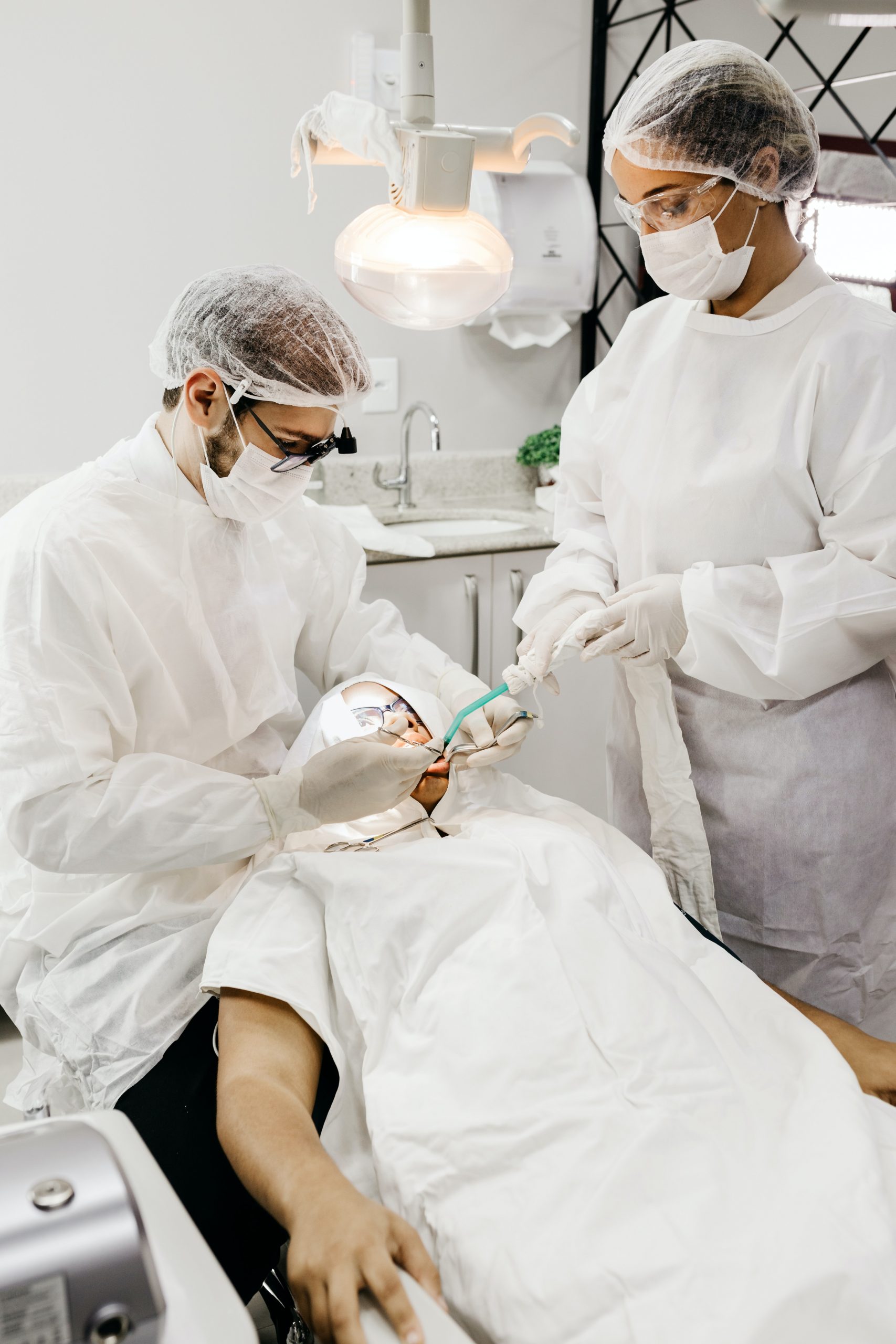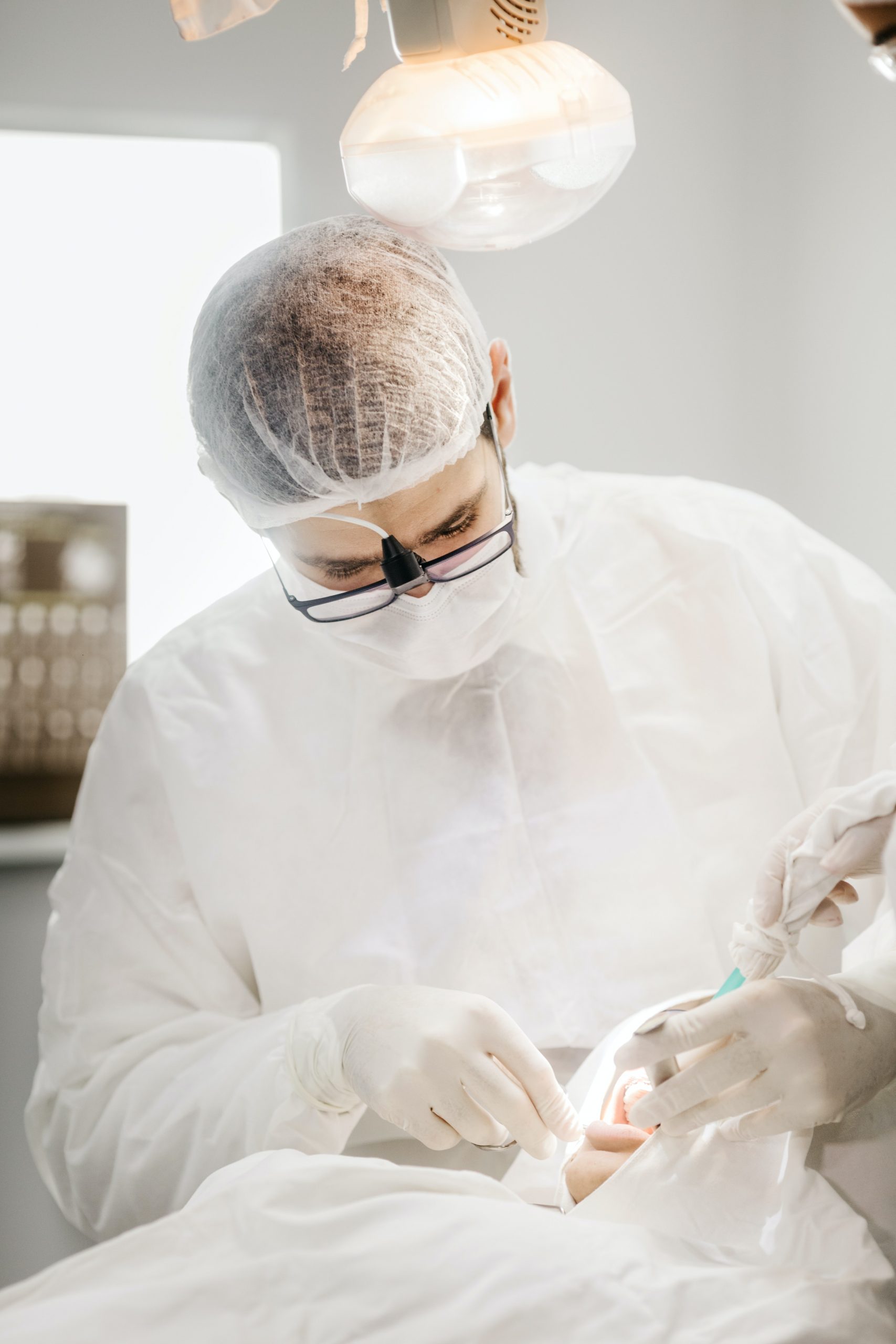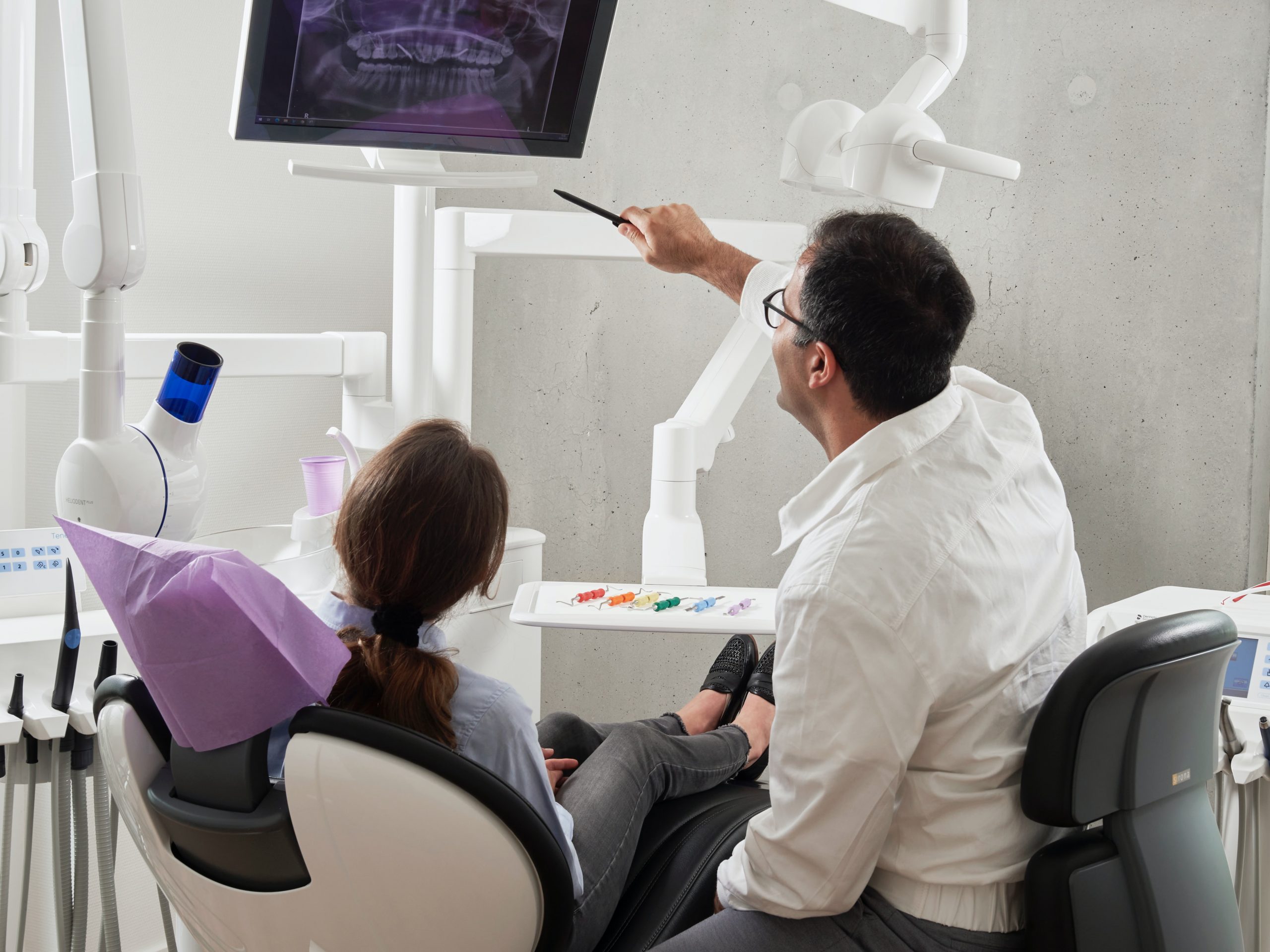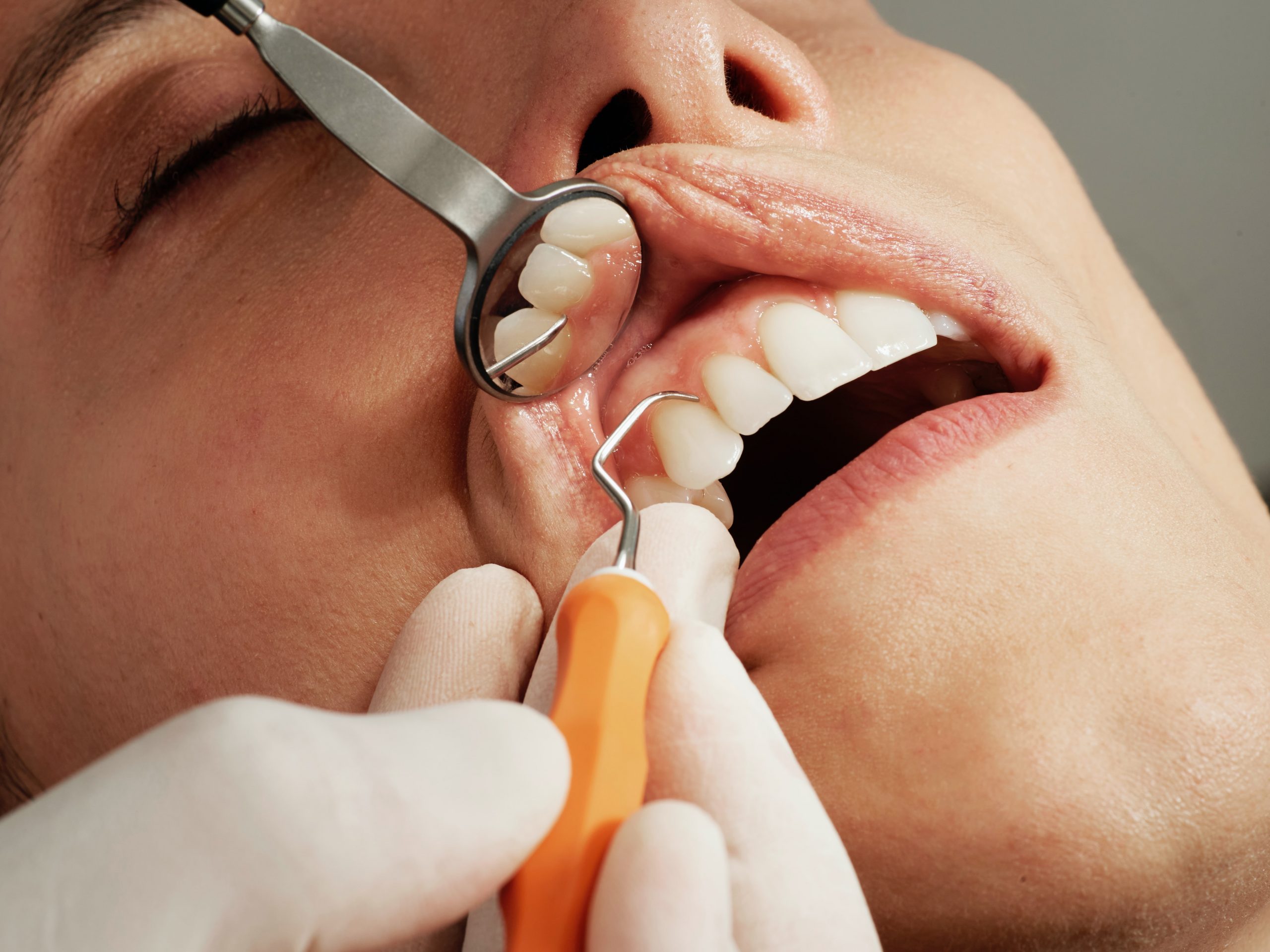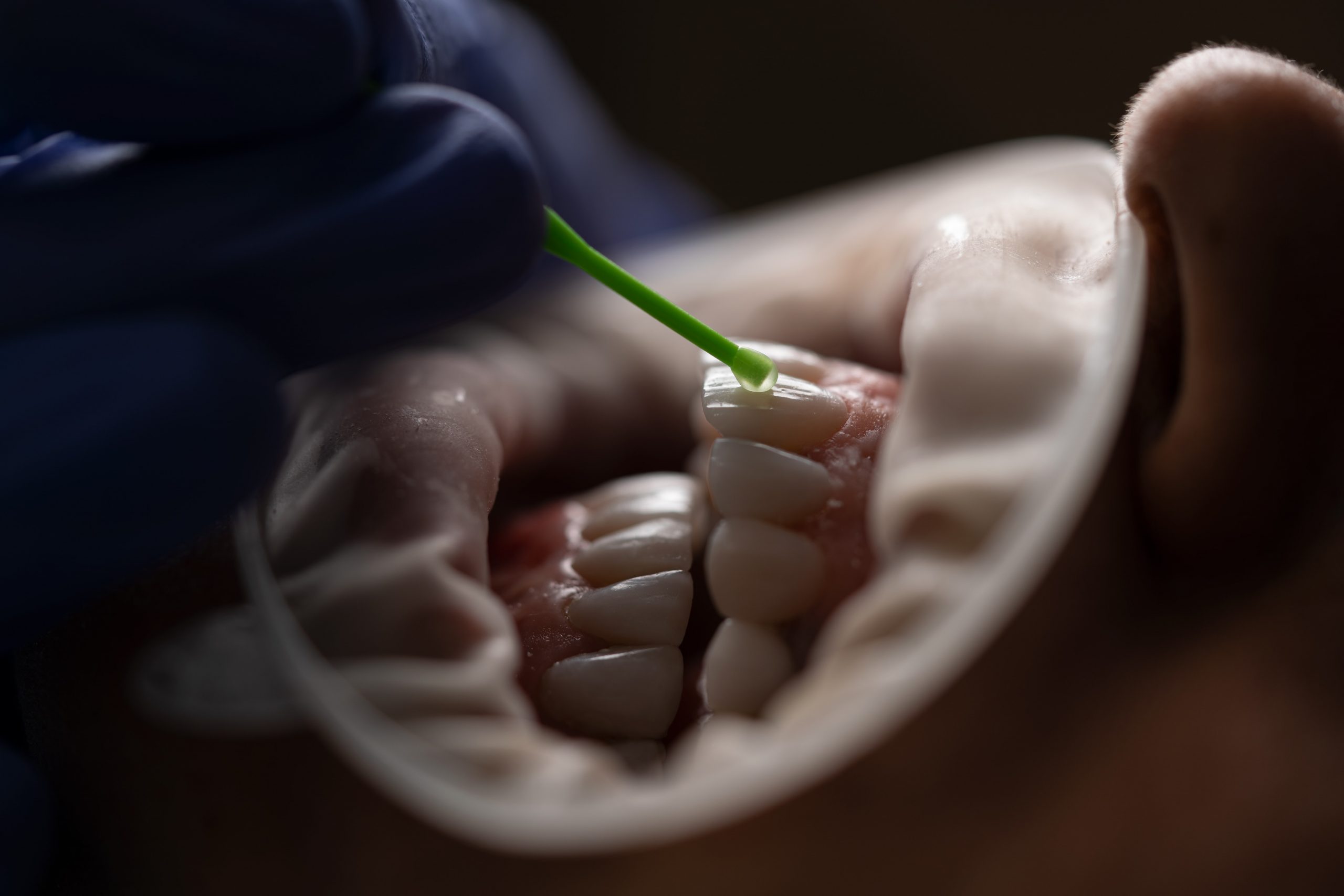
Resin composite blocks for dental CAD/CAM applications
Dental CAD/CAM technology has revolutionized restorative dentistry by providing precise and efficient solutions for fabricating dental restorations. One material that has gained popularity in recent years for CAD/CAM applications is resin composite blocks. Resin composite blocks offer several advantages over other traditional materials, making them a viable option for dental restorations.
Advantages of Resin Composite Blocks
1) Aesthetics: Composite blocks provide a natural-looking restoration that closely matches the shade of the patient’s natural teeth. This makes them an ideal choice for restorations in the anterior region where aesthetics are critical.
2) Strength and Durability: Composite blocks are highly resistant to wear, chipping, and fracture, making them a durable option for dental restorations. They can withstand high occlusal forces and are ideal for use in areas of the mouth where strength is important.
3) Ease of Use: Composite blocks are easy to use and can be fabricated in a single visit, eliminating the need for multiple appointments. They are also versatile and can be used to fabricate a wide range of restorations, including inlays, onlays, and crowns.
4) Biocompatibility: Resin blocks are biocompatible and do not cause any allergic reactions or adverse tissue reactions. They also do not release any harmful substances and are safe for use in the oral environment.
Applications of Resin Composite Blocks
Resin blocks are used in a variety of dental restorations, including:
1) Inlays and Onlays: Resin composite blocks can be used to fabricate inlays and onlays, which are restorations used to repair a tooth that has been damaged by decay or trauma.
2) Crowns: Composite blocks can also be used to fabricate crowns, which are tooth-shaped caps that are placed over a damaged or decayed tooth.
3) Veneers: Composite blocks can be used to fabricate veneers, which are thin shells that are bonded to the front surface of the teeth to improve their appearance.
Conclusion: Resin blocks are a versatile and effective option for dental CAD/CAM applications. They offer several advantages over traditional materials, including aesthetics, strength and durability, ease of use, and biocompatibility. They can be used in a variety of dental restorations, including inlays, onlays, crowns, and veneers. With the continued advancements in CAD/CAM technology, the use of resin composite blocks is likely to increase in popularity and become a more widely used material in the field of restorative dentistry.

